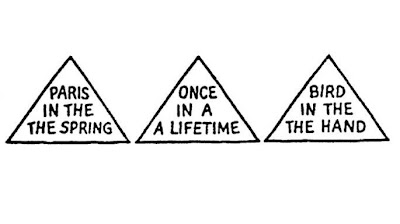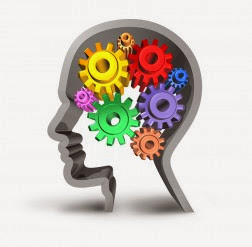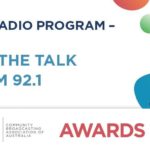What’s going on in your brain when you hear language?
More than you’d think. Your brain can correct other people’s mistakes without your conscious awareness, and even stimulate parts of your body. How does it work?
Linguist Daniel Midgley gets into the gray matter on this episode of Talk the Talk.
Listen to this episode
You can listen to all the episodes of Talk the Talk by pasting this URL into your podlistener.
http://danielmidgley.com/talkthetalk/talk_classic.xmlOur brains process lanugage mostly automatically. You may not have noticed the misspelled in the previous sentence. Or the missing word in that last one. It even works verbally, as you’ll hear in the podcast — I slipped Ben a sentence with a couple of words missing, and it went right on past him! He got me back though — see if you can tell where.
It reminds me of this old puzzle. Take a look at these phrases, and see if you can spot the problem. It’ll be easy, now that you’re primed for it.

Anyway, we’re talking about insights from psychology about how our brains process language in ways we’re not always aware of.
There was one thing I didn’t mention: The authors of the second study looked at sentences like “Onto the cat jumped the table,” and decided that, because there were two things required to fix it (take out ‘onto’ and put it back after jumped), we just interpret it at face value because it’s too broken for our brains to twiddle. But really, “Onto the cat jumped the table” is just an OVS way of encoding the somewhat wacky sentence: “The table jumped onto the cat.” This syntax isn’t very common, but we do see it sometimes, as in “Down the road skipped the children.” It’s just that the two mistakes in that sentence happen to mimic an acceptable, if odd, form of English syntax. So I wonder if any of their other sentences were like that.
Show notes
“Aoccdrnig to a rscheearch at Cmabrigde Uinervtisy…” yeah, yeah, we’ve all seen it.
But now you can ipnut yuor own text for sbcalrnimg and see how llbgeie it rlaley is.
http://www.devtek.org/test/cambridge_exercise.php
Just don’t mention it to the Science Avenger. It makes him cranky.
http://scienceavenger.blogspot.com.au/2007/12/cambridge-word-scramble-study-its-fake.html
Your brain can detect syntactic errors, even when you’re not aware.
http://www.eurekalert.org/pub_releases/2013-05/uoo-get051313.php
We can decode ‘noisy’ language, but if it’s too noisy, we give up.
http://www.eurekalert.org/pub_releases/2013-04/miot-hwd042913.php
The full paper.
http://www.ncbi.nlm.nih.gov/pubmed/23637344
Your brain reacts to reading like it’s real.
http://www.nytimes.com/2012/03/18/opinion/sunday/the-neuroscience-of-your-brain-on-fiction.html?pagewanted=all&_r=2&









